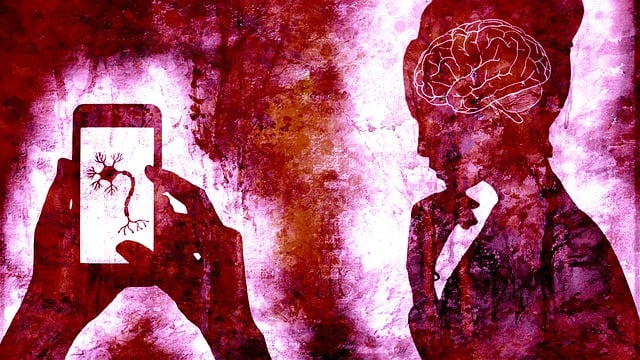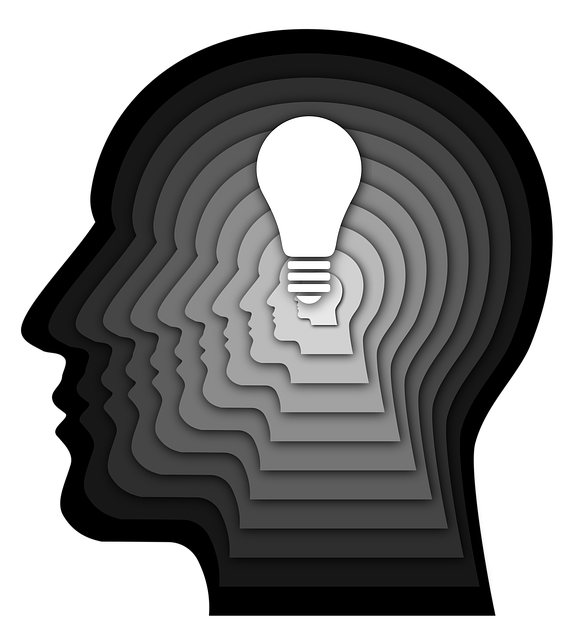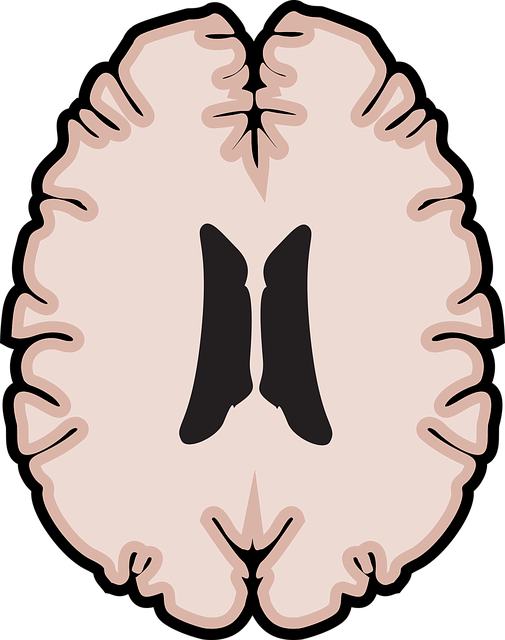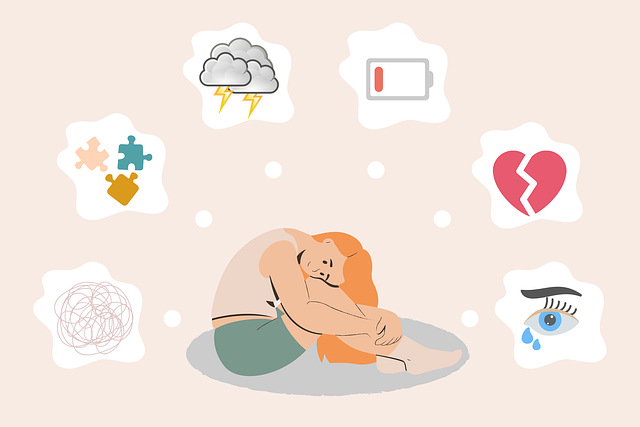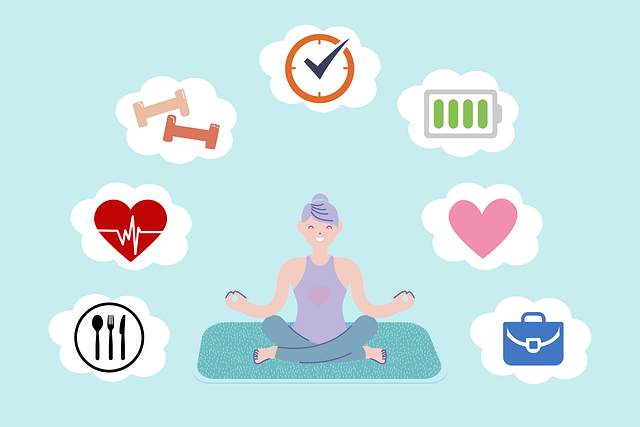In today's digital age, mental wellness app development is crucial as awareness of mental health grows. These apps offer accessible therapy for common issues like relationship problems, breaking down barriers to care. With features such as journaling exercises, self-care routines, and cultural competency training, they cater to diverse users. The demand is increasing as people prioritize proactive mental wellness management. These apps empower users with private, personalized practices leading to improved emotional well-being outcomes. A successful Therapy for Relationship Issues app should focus on user needs, offering secure communication, relationship mapping tools, and mood tracking. Segmenting audiences, understanding trends, and diverse outreach ensure it reaches all needed demographics. The app's effectiveness is maintained through adaptive algorithms and regular updates based on research.
In today’s digital age, mental wellness app development is a burgeoning field, addressing the growing need for accessible emotional support. This article explores the creation of a Therapy for Relationship Issues application, delving into key considerations such as understanding user needs, defining app features, targeting specific audiences, and designing intuitive user experiences. By examining these aspects, we aim to contribute to the revolutionizing of mental health care through innovative technology.
- Understanding Mental Wellness App Development: A Growing Need
- Features and Components of a Therapy for Relationship Issues App
- Market Analysis and Target Audience Considerations
- Designing an Effective User Experience for Emotional Support Apps
Understanding Mental Wellness App Development: A Growing Need

In today’s fast-paced world, mental wellness app development has emerged as a crucial need. With increasing awareness about the importance of mental health, people are actively seeking digital tools that support their emotional well-being. These apps offer accessible therapy for relationship issues and other common mental health challenges, breaking down barriers to care. By integrating features like Mental Wellness Journaling Exercises and Guidance, self-care routine development, and even Healthcare Provider Cultural Competency Training, these applications cater to a diverse range of users.
The demand for such solutions is growing as more individuals recognize the value of proactive mental wellness management. This shift towards digital interventions allows users to engage in private, personalized practices that contribute to improved mental health outcomes. Whether it’s tracking moods, setting self-care goals, or accessing evidence-based guidance, these apps empower users to take control of their emotional well-being, ultimately fostering a healthier and more balanced lifestyle.
Features and Components of a Therapy for Relationship Issues App

A Therapy for Relationship Issues app should be designed with a user-centric approach, prioritizing features that foster secure communication and personalized guidance. Core components include an encrypted messaging system allowing users to share details of their relationships anonymously if desired, while also enabling therapists to offer real-time support and feedback. Integration of interactive tools such as relationship mapping exercises, communication skill-building modules, and mood tracking can enhance engagement.
Furthermore, incorporating Trauma Support Services resources, Burnout Prevention Strategies for Healthcare Providers, and Anxiety Relief techniques tailored to relationship dynamics will significantly broaden the app’s utility. These features should be interwoven with adaptive algorithms that learn from user interactions, tailoring recommendations and exercises to individual needs. Regular updates based on the latest research in couple therapy ensure the app remains effective and relevant.
Market Analysis and Target Audience Considerations

In the competitive landscape of mental wellness apps, understanding your target audience and conducting a thorough market analysis is paramount to success. By identifying specific user segments, such as individuals seeking therapy for relationship issues, developers can tailor features and services to meet their unique needs. This may include integrating Crisis Intervention Guidance for those in urgent situations, fostering communities through peer support forums, and promoting tools for emotional intelligence development. Market research should also delve into existing competitors, trends in mental health awareness, and consumer preferences for app functionality and design.
Furthermore, considering the diverse demographic and psychographic characteristics of potential users is crucial. This includes age groups, cultural backgrounds, socioeconomic statuses, and personal challenges. For instance, a robust Community Outreach Program Implementation can help bridge gaps in access to care, ensuring that the app resonates with underrepresented populations. Through these considerations, developers can create apps that not only address prevalent mental health concerns but also foster lasting positive outcomes for users seeking support for relationship issues or other emotional struggles.
Designing an Effective User Experience for Emotional Support Apps

Creating an app focused on emotional support is a delicate task, requiring a deep understanding of user needs and mental health dynamics. The goal is to design an intuitive and engaging experience that encourages users to open up about their feelings and seek therapy for relationship issues or other personal challenges. Incorporating features like secure messaging, guided meditations, and personalized mood trackers can foster a sense of comfort and trust, essential for effective mental wellness app development.
User interface and navigation play a pivotal role in ensuring the app is accessible and appealing to users seeking emotional support. Simple, uncluttered designs coupled with encouraging visuals and positive language can significantly impact users’ first impressions and ongoing engagement. Encouraging positive thinking and mental health awareness through interactive elements and educational content not only enhances the user experience but also contributes to a holistic approach to well-being.
Mental wellness app development is a burgeoning field, with apps like Therapy for Relationship Issues gaining traction. By understanding user needs, integrating effective components, and navigating market dynamics, developers can create impactful tools that enhance emotional support. A well-designed user experience is key to fostering engagement and ensuring these apps live up to their potential as game changers in mental health care.


